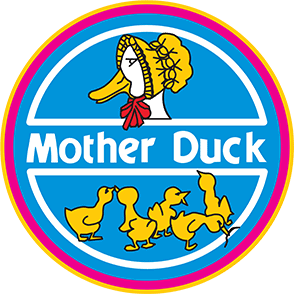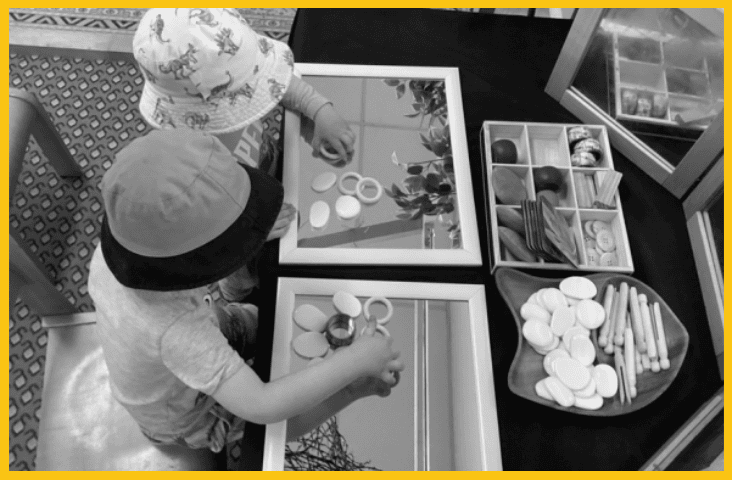
What is social responsibility and why does it matter in early childhood education?
We have travelled through some very difficult times over the last few years, wouldn’t you agree? Since 2019 humankind has been impacted by the COVID epidemic (and its health and economic fallout), climate change, wars, social movements such as Black Lives Matter and Me Too, world leaders who are less than admirable and a society that doesn’t seem to be able to be civil, polite and act reasonably when addressing these issues. Perhaps then, it is time to think and do differently in early childhood education, so that the adults of the future will act with greater respect, compassion, kindness, and critical thinking.

You may well be asking, but what has this to do with early childhood education and care settings?
In Australia, we are mandated to use the Early Years Learning Framework (EYLF) (2012) which outlines what is required to support very young children through the early years of learning, in settings that are specifically designed for children birth to five or six. In addition, teachers and educators in these contexts are required to hold a formal qualification that includes understanding the EYLF, which they can then apply to their everyday work with and alongside children. While the EYLF is an excellent guideline, it only states what the minimum requirements are, and in this way, we might tend to keep doing what we have always done – for the last 12 years (sometimes even longer!).
But what if we decided to think and do differently in early childhood education and care settings, and begin to ponder this question: “Who do we want children to be?”, rather than the old question, “What do we want children to be”? I am hoping that you will agree with me when I say that we need to grow better humans: children and adults who are able to use empathy, care, effective communication, problem solving and resilience in their relationships with others. So, in my work with early childhood education and care settings, I invite teachers and educators to think about the role of social responsibility in their work with and alongside children and families to help us move forward with a greater sense of purpose.
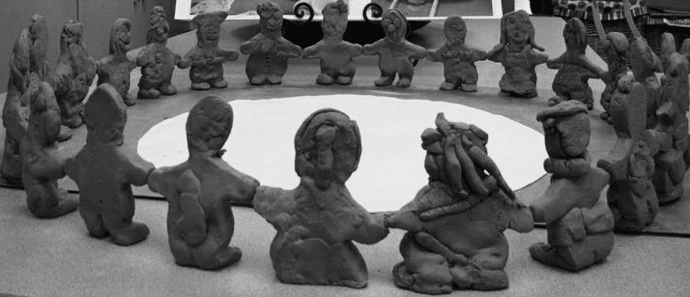
What does this look like in early childhood settings?
Please note, that when teachers and educators carefully design their studios (classrooms) to investigate social responsibility, they are still supporting children’s foundational learning and development, including literacy and numeracy, fine and gross motor skills, creativity and interacting with technology. Children will still be learning about the world around them, becoming confident learners, developing a sense of identity and to play together with others in meaningful ways. However, alongside these skills, I believe children also need to learn about:
21st century skills such as:
- Problem solving
- Collaboration
- Information literacy
- Citizenship
- Creativity and innovation, and
QI skills such as:
- Curiosity
- Questioning
- Perseverance
- Empathy
- Self-motivation
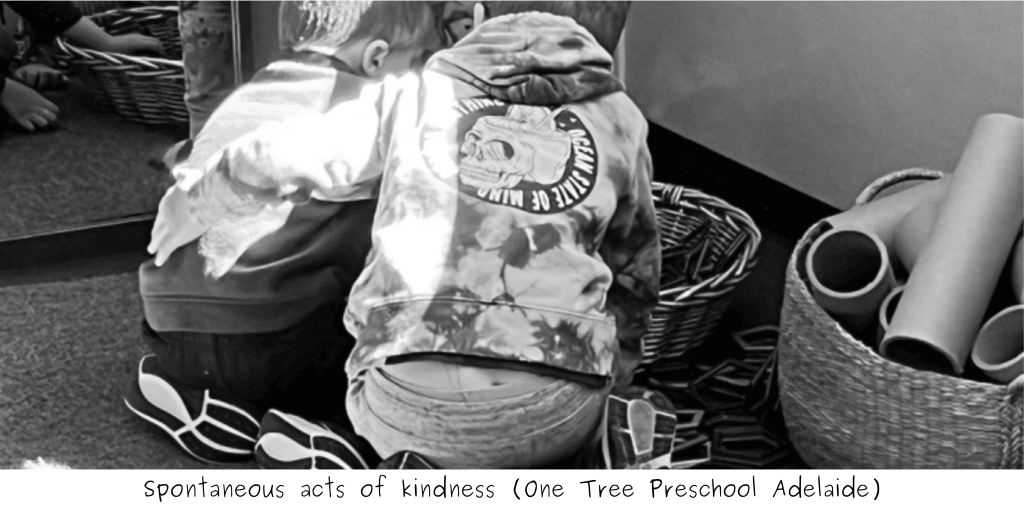
Sharing some two examples with you
Children’s planning
Offering children an opportunity to think about their play ideas – before they go off to play alone or with others – means we are slowing down the thinking processes in order for children to really contemplate their ideas.
We call this Think, Say, Plan, Do.
The teachers and educators’ roles are to support and facilitate children’s ideas, to help children talk about these ideas in a small group, to support them in trying to make purposeful marks or draw these ideas, and then follow through these planned ideas as they build, manipulate, make, or transform materials and resources.
This process supports:
- Critical thinking
- Problem solving
- Active listening
- Respect
- Curiosity
- Mindfulness
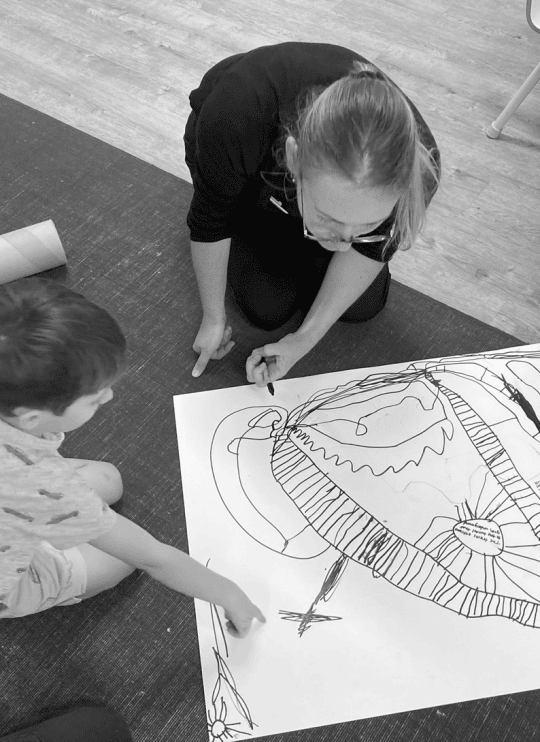
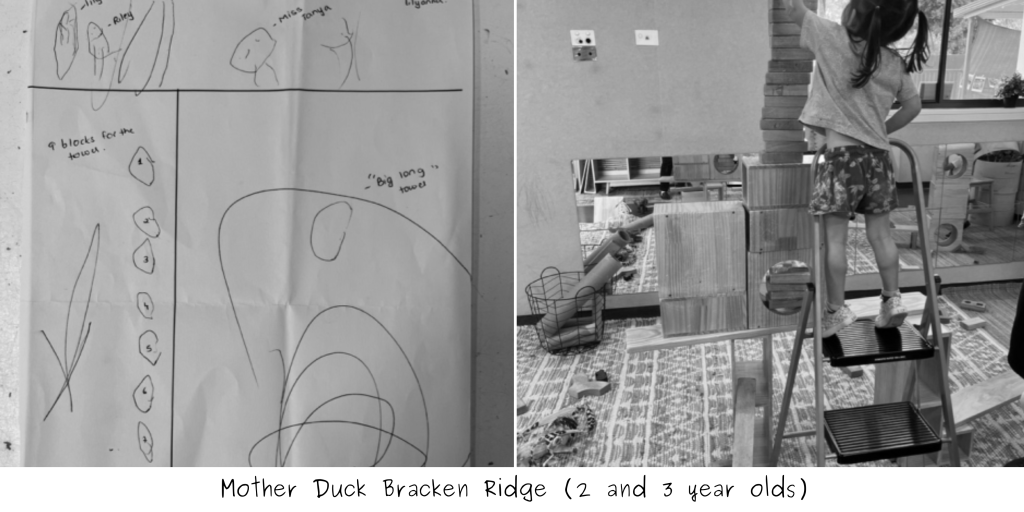
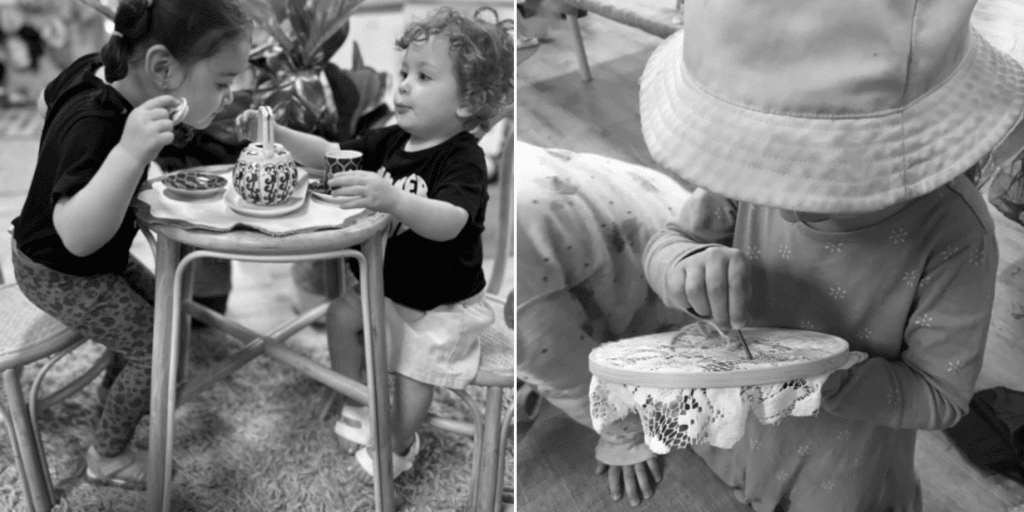
Working with delicate materials
We encourage children to engage with materials and resources that take care and consideration to work with, especially alongside others. These might include tea party rituals (with real tea), embroidery (with real needles) and transient art (with real glass surfaces). These experiences are often introduced as children sit side by side as a pair, to begin the concepts of co-operating and considering another person’s ideas and points of view.
Learning to work with delicate materials begins the processes of understanding:
- Resilience
- Empathy
- Perseverance
- Decision making
- Collaboration
- Compassion
- Effective communication
So, as we begin to understand, practice, and embed the idea of thinking and doing differently in early childhood education and care, I hope you are also beginning to understand just how competent and capable young children are when it comes to becoming socially responsible citizens of the now, and into the future. In this way, if we all work together – teachers, educators, communities, and families – we will see that our children now will grow to become good adults and will have an impact on how the world functions in the future.
Dr Deborah Harcourt is the Chief Curriculum Officer at Mother Duck Child Care and Kindergarten. She was the Foundation Professor of Early Childhood at the Australian Catholic University and is now the Executive Director of Asia Pacific Early Childhood Consultants. She has worked in the field of early childhood education for the past 30 years in Australia, Singapore (where she was based for 10 years), China, Malaysia, India, Indonesia, UAE, UK and Sri Lanka. Deborah began her career as a preschool teacher and then moved to the tertiary sector where she has taught at both undergraduate and postgraduate levels in teacher education, health sciences and within a school of medicine. She is interested in researching with young children to explore their views and opinions about matters that might concern them. Deborah is a long-term investigator of the principles of the Reggio Emilia Educational Project, and what they might mean to early childhood education outside of Italy.

